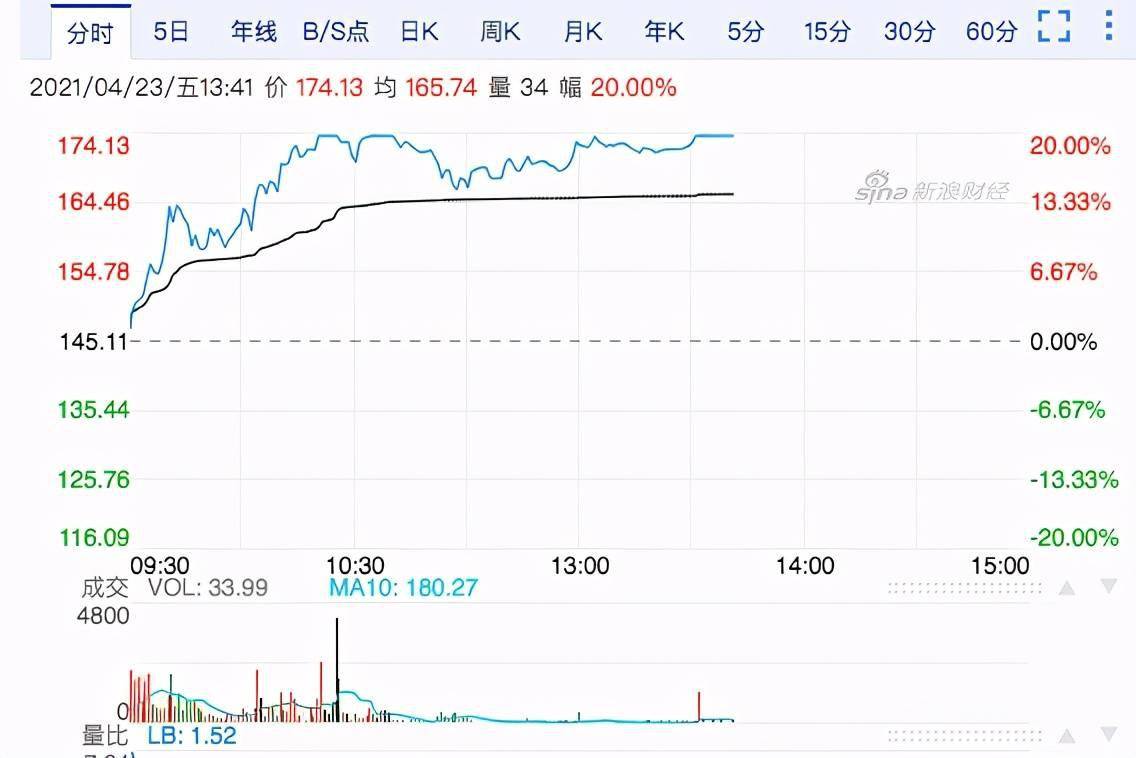According to statistics site worldometers.info, as of 22:00 on April 14 (Vietnam time), the world has recorded 138,285,424 cases of SARS-CoV-2 virus infection causing acute respiratory infections COVID-19, in That included 2,976,162 deaths. Number of patients treated with cure is 111,193,920 people.

COVID-19 vaccine for people in Ohio, USA. Photo: AFP / VNA
The country most severely affected remains the United States with 577,226 deaths out of a total of 32,075,852 cases. It was followed by India with 172,461 deaths out of 13,960,574 cases. In the past 24 hours, the country recorded an additional 184,372 cases of COVID-19 and 1,027 deaths. This is the day India has the highest number of cases ever and the highest number of deaths in 2021. April 14 is the 8th day in a row and the 9th time this month that the number of new cases has exceeded. 100,000 cases milestone in India. Third place was Brazil with 358,718 deaths out of 13,601,566 patients.
In Asia, the Philippines’ Department of Health (DOH) announced that it had recorded 8,122 new cases, bringing the total number of cases in this Southeast Asian country to 892,880 cases. According to DOH, the total number of deaths in the Philippines also increased to 15,447, 162 more than the day before. Philippine Deputy Health Minister Maria Rosario Vergeire said the rate of disease spread in this country has not decreased, the number of cases continues to increase. According to the official, the infection in the community still occurs, the outbreaks in the workplace are the main source of transmission, mainly in hospitals and closed workspaces.
On the same day, Malaysia recorded 1,889 new cases, bringing the total number of cases in this country to 365,892 cases. Malaysia also recorded eight more deaths in the past 24 hours, bringing the total number of deaths due to the disease in the country to 1,353.
Thailand is considering imposing new measures to deal with the growing number of new COVID-19 infections. On April 14, Thailand recorded the highest number of new cases of COVID-19 by day since the pandemic appeared in the country early last year. The Center for Managing the situation COVID-19 (CCSA) confirmed 1,335 new cases, bringing the total number of cases in the country to 35,910, including 97 deaths.
In Japan, leading infectious disease expert Shigeru Omi warns the country has entered the fourth wave of infection of the COVID-19 pandemic amid highly infectious variants of the SARS-CoV virus. -2 is spreading in some areas.
In the context of the complicated epidemic, the government of Matsuyama city, in the western country, decided to cancel the Tokyo Olympic torch relay ceremony. Tokyo Mayor Yuriko Koike has also pledged to effectively control the COVID-19 epidemic in the capital to ensure the upcoming Olympics take place safely. She emphasized that from now until May 11, it will be an important period to win the fight against the COVID-19 campaign before the Olympics takes place. According to statistics, Japan has recorded a total of over 513,000 infections and over 9,500 deaths due to COVID-19.

People wear masks to prevent COVID-19 epidemic in Seoul, Korea. Photo: AFP / VNA
South Korea is also facing the risk of appearing the 4th wave of infection when the number of new cases has exceeded 700 cases / day. Statistics of the Korea Agency for Disease Control and Prevention (KDCA) released on April 14 show that the country has 731 new cases, of which 714 cases of infection in the community – the highest level in the country. Last 3 months. The current epidemic situation in Korea is considered to be at a level that should be considered by the government to upgrade the social gap, but considered it a “last resort” due to careful consideration of economic losses. practice.
In Europe, the epidemic is still complicated, with Turkey recording the highest number of new infections and deaths in a day ever. In the past 24 hours, the country recorded 59,187 new infections, and 273 deaths. To stop the spread of the epidemic, President Tayyip Erdogan announced a number of new restrictions and “partially closed” the country during the first two weeks of Ramadan.
After the state of emergency in the Czech Republic ended on April 12, the Czech Government was cautious in relaxing measures to prevent the COVID-19 epidemic. Accordingly, the Czech government still imposes a ban on gatherings on 2 people both indoors and outdoors, while emphasizing the concerns of epidemiologists about the rapid relaxation of measures that could be reversed. the positive trend of disease prevention.
Meanwhile, after seeing a significant improvement in the epidemic situation in the Czech Republic, Germany said it would end long-term border controls with the Czech Republic, which had been in place since February 14. Instead, Germany will continue to implement quarantine measures through intensive random inspections in the German-Czech border area.
The Norwegian government has also allowed restaurants and bars to return to serve alcohol until 10 p.m. daily. The Nordic country also allows people to receive up to 5 guests to play at home at the same time – an increase of 3 compared to the previous regulation, while the stadium will be able to host 600 people, but must divided into 3 areas. These rules and recommendations will apply throughout Norway, but high-risk areas such as the capital Oslo and surrounding areas can maintain stricter measures if needed. .
The Swiss government has announced it will significantly loosen the restrictions despite the fact that the country’s disease situation remains highly precarious and has even worsened in recent weeks. Accordingly, from the beginning of next week, restaurants and bars in Switzerland, which have been closed since December, 2020, will be reopened, applicable to the outdoor area. Movie theaters and other entertainment facilities will also be reopened with indoor and outdoor sports facilities.
Also on April 14, diplomatic sources said that EU member states had unanimously agreed to officially implement the vaccine passport initiative to reopen the tourism industry in the summer. 2021. This is part of an effort to restore to a new normal state while the COVID-19 epidemic is still spreading. Countries will discuss this initiative in detail with the European Parliament (EP) in May.

People wear masks to prevent the COVID-19 epidemic at El Alto-La Paz International Airport in Bolivia. Photo: AFP / VNA
In the Americas, the number of infections and deaths caused by the COVID-19 SARS-CoV-2 virus increased sharply in some South American countries such as Argentina, Uruguay, and Brazil. The Bolivian government announced the opening of a humanitarian corridor on the border with neighboring Brazil to facilitate the circulation of food and medicine. Bolivia closed its border with Brazil since April 2, to prevent the spread of a new variant of the SARS-CoV-2 virus that causes COVID-19 from neighboring countries.
Regarding the COVID-19 vaccine issue, US officials announced that the vaccination program is being accelerated with 3.3 million doses being injected per day. Meanwhile, the UK University of Oxford has decided to expand research in the combination use of COVID-19 vaccines to evaluate whether the combination of vaccines is safe and helps prolong immunity in humans. vaccinated or not.





























































You must log in to post a comment.